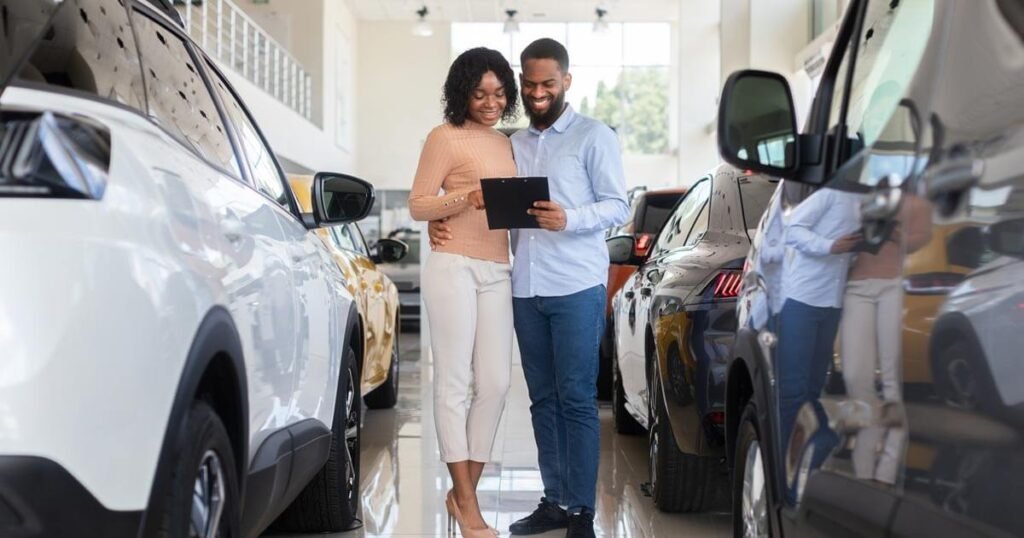For so many of us, even in a world of seemingly ubiquitous digital connectivity, we couldn’t imagine being without our cars. Buying a new car is always a major investment, whether you’re spending a few grand or laying down tens of thousands but is it the right time for a new car and what kind of new car should you be looking at? Indeed, does it even technically need to be new at all?
Is it the Right Time for a New Car?
There are many factors to consider when considering if the time has come for a vehicular upgrade. The age, condition, performance, and reliability of your current car should all be taken into consideration, as well as the cost and hassle of maintaining and repairing it. There might be a situation reason too. For example, you might have a new young family in tow and want to upgrade to a newer, safer, and more efficient model, or desire something bigger to accommodate the whole family.
However, a new car is never a decision to be taken lightly. You need to think carefully about your financial situation, your lifestyle, and your future plans, and weigh the benefits and drawbacks of each option. As such, we’ll be exploring below the pros and cons of going new, used or leasing.
Buying a Brand New Car
There is a certain convenience to going all-in with a new car. It means you get to choose the exact model, colour, features, and specifications and enjoy the latest technology and safety features. You might also get a better warranty and service plan to incentivise your brand new purchase.
However, buying a brand new car also means paying a premium price and it’s not an investment that’s going to hold its value. The value of your car drops significantly as soon as you drive it off the lot, and continues to drop over time, which means that you may end up owing more than your car is worth, or losing a lot of money if you decide to sell or trade it in later.
Buying a Used Car
Buying a used car means you get a car that’s new to you without the initial depreciation hit and with used car dealers up and down the country from Leeds to London, there are plenty of places to look. You also get to choose from a wider range of models, brands, and years, and you may be able to find a bargain or a rare gem that suits your taste and needs. For the majority of buyers, this is the most practical choice.
However, buying a used car also means taking a risk, as you may not know the full history, condition, and quality of the car, even though there are resources online to help you do a little detective work and find out. You may end up buying a car that has hidden problems, defects, or damages that may cost you more money and trouble in the long run. You may also need to spend more on maintenance and repairs, as the car is unlikely to be covered by the manufacturer or the dealer.
Leasing a Car
Finally, car leasing is something of the middle ground option as it means you get to drive a new (or nearly new) car without having to pay the full price or worry about depreciation. You also get to enjoy the benefits of the manufacturer’s warranty and change your car every few years. Think of it like the automotive version of buying a phone on contract.
However, leasing a car also means having some restrictions and obligations, such as a mileage limit, a wear and tear policy, and an early termination penalty. You need to stick to the terms and conditions of the lease agreement, or you may face extra charges or fees. You also need a decent credit score and a stable income, as leasing a car requires a credit check and regular payments.
